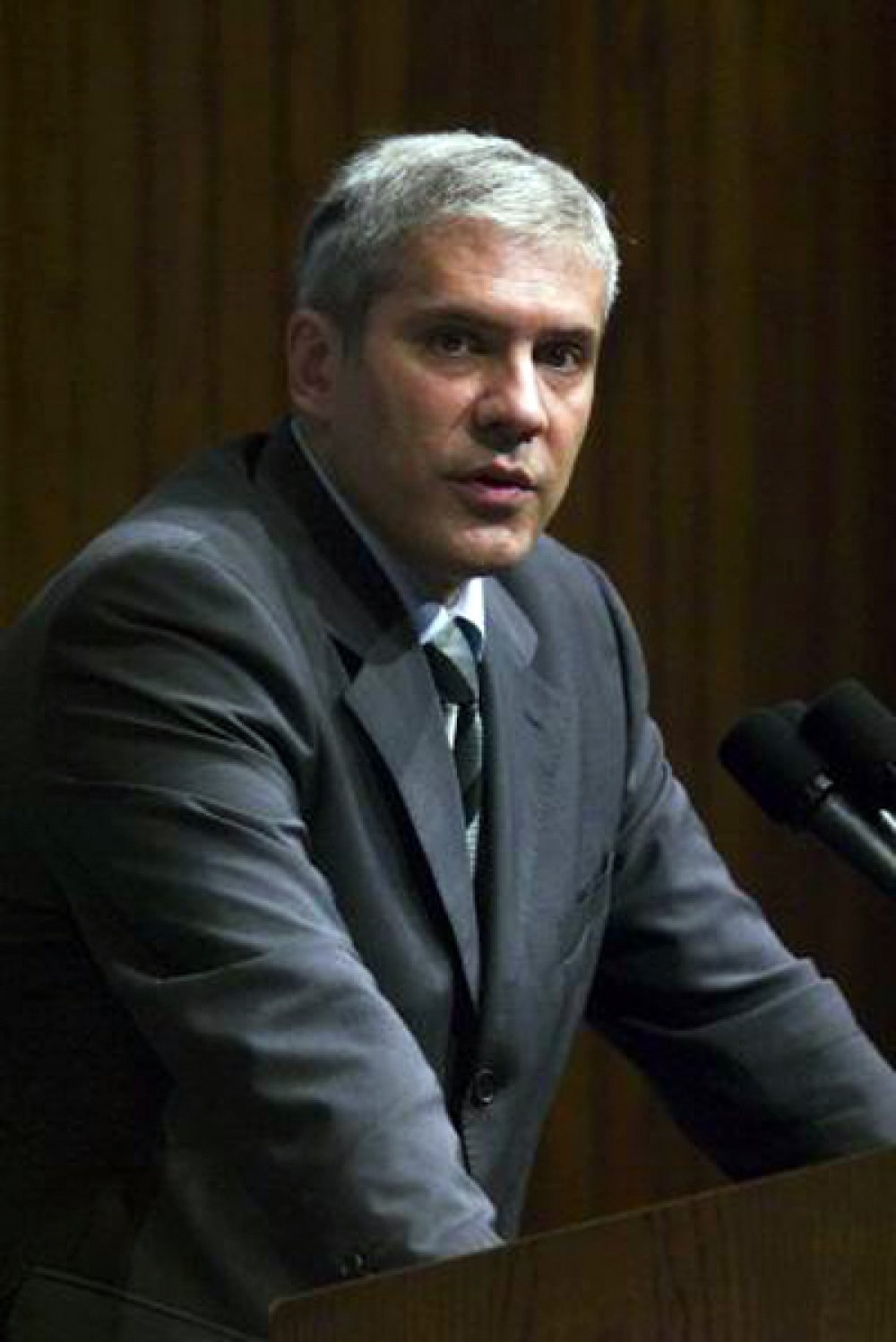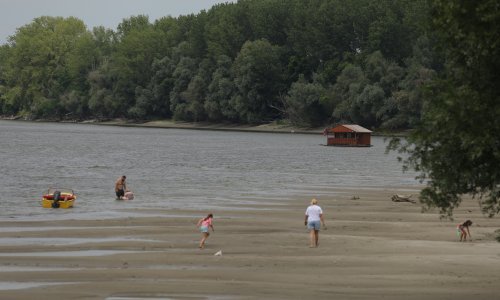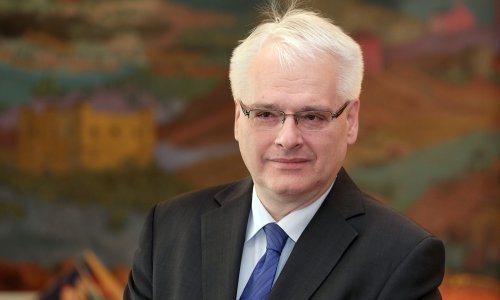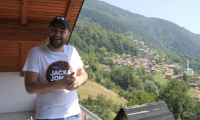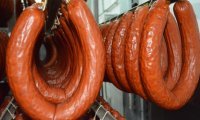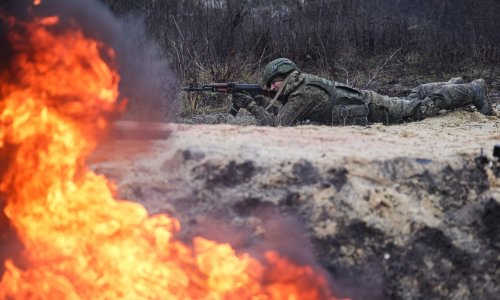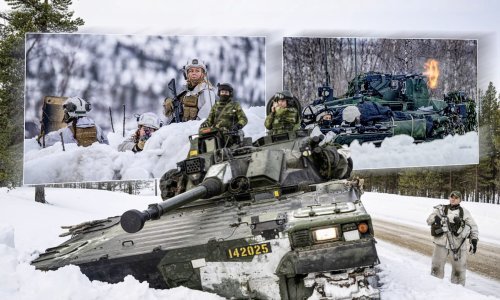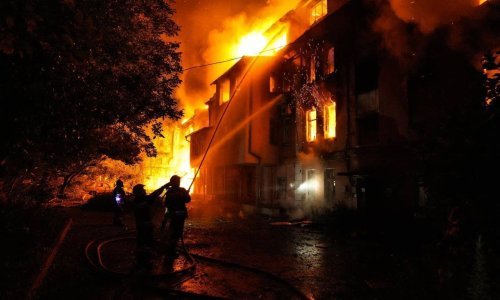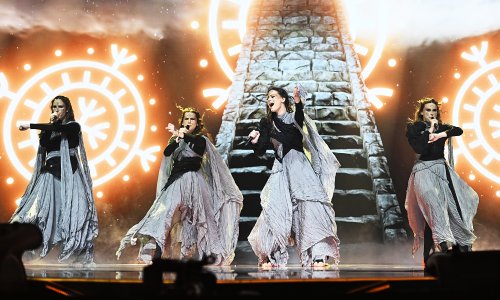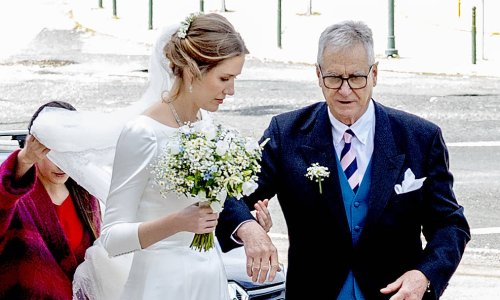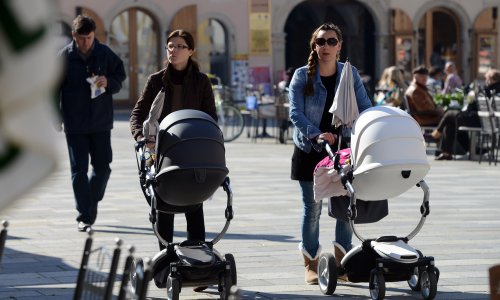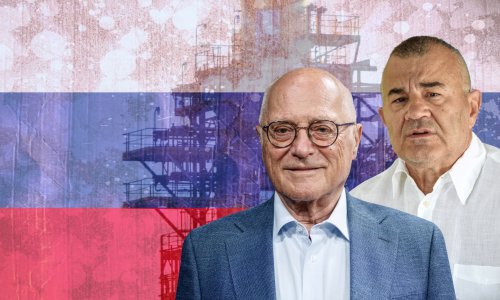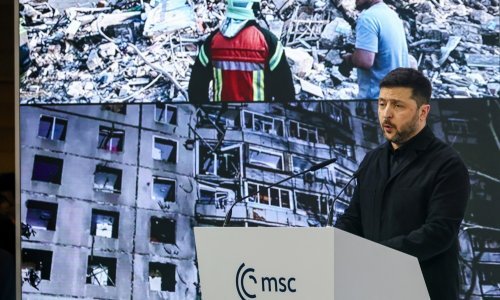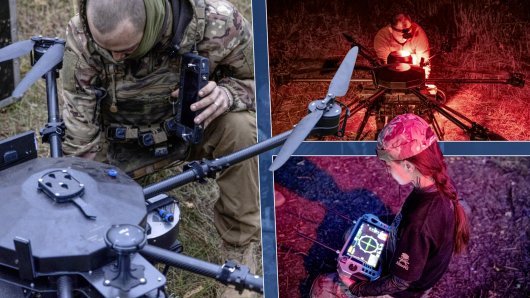During his unofficial visit to Vukovar, Serbian President Boris Tadic, together with Croatian President Ivo Josipovic, will lay wreaths at Ovcara and Paulin Dvor.
Ovcara is a well-known place of suffering of Croatians in the 1990s Homeland War, where members of the former Yugoslav People's Army (JNA) and Serb paramilitary units on 20 November 1991, during the Serb occupation of Vukovar, killed 200 Croatian soldiers and civilians, mostly patients who had been brought there from the Vukovar Hospital.
Paulin Dvor is a community near Osijek where on 11 and 12 December 1991 members of the Croatian Army's 130th Brigade killed 19 civilians, of whom all but one were Serbs. The non-Serb victim was Hungarian.
The remains of the 200 people killed at the Ovcara farm, five kilometres outside Vukovar, were exhumed in 1996. A total of 192 bodies have beein identified, of whom the youngest victims was 16 and the oldest was 77.
The UN war crimes tribunal at The Hague (ICTY) has sentenced two people for the Ovcara massacre - former commander Yugoslav People's Army Commander Milo Mrksic to 20 years and former JNA officer Veselin Sljivancanin to 17 years in jail. Sljivancanin asked that his verdict be revised claiming that new evidence brought into question his responsibility for the death of Croats at the Ovcara farm.
The ICTY also indicted Serb radical leader Vojislav Seselj and Croatian Serb rebel leader Goran Hadzic for the Ovcara massacre. Hadzic is one of the two remaining ICTY indictees still at large. The tribunal in The Hague acquitted JNA captain Miroslav Radic, who was also indicted for the crimes committed at Ovcara.
Former Yugoslav president Slobodan Milosevic, who died in the ICTY detention, was also indicted for the Ovcara crimes, as was the then Vukovar mayor Slavko Dokmanovic who died in the ICTY detention unit in 1998.
In 2003, the Osijek County Prosecutor's Office issued an indictment against two members of the Croatian Army reserve brigades, Nikola Ivankovic and Enes Viteskic for the war crimes in Paulin Dvor.
Ivankovic was sentenced to 15 years in jail, without the right to appeal. In the repeated trial, second indictee Viteskic was acquitted of the charges for the Paulin Dvor war crimes, but the prosecution has the right to appeal.



